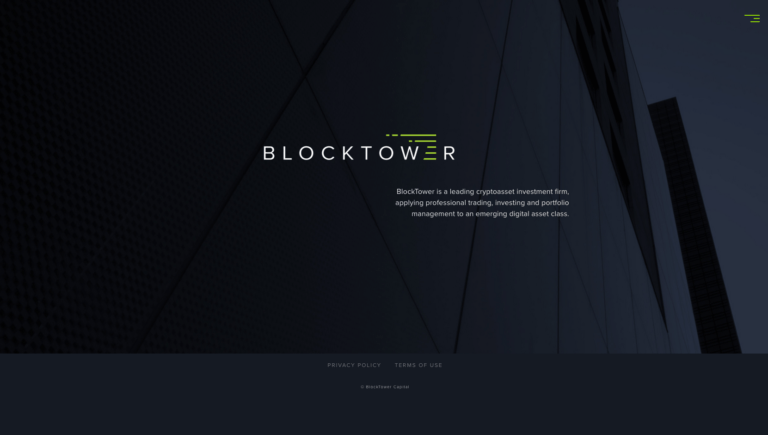On Friday (February 8th), Ari Paul, Chief Investment Officer and Managing Partner at crypto investment firm BlockTower Capital, explained why the fact that bitcoin (BTC) the asset can be used with other protocols/networks (such as the layer 2 solution Lightning Network) made it impossible for altcoins to compete by just offering incremental improvements.
BlockTower, a leading cryptoasset hedge fund based in Stamford, Connecticut, was founded in August 2017 by Matthew Goetz, a former vice president at Goldman Sachs (where he spent eleven years), and Ari Paul, a former risk specialist and portfolio manager at the University of Chicago’s endowment investment office and a derivatives trader at Susquehanna International Group.
On Friday, Ari, whose motto is “Stay hungry. Stay humble. Stay ambitious. Stay curious. Be a student, always”, used Twitter (@AriDavidPaul) to share his latest personal observations on the competition between Bitcoin and altcoins.
Having gotten a little tired of explaining to “traditional finance folks” why “blockchain not bitcoin” was kind of a silly mantra, Ari wanted to use his tweetstorm to explain to “crypto folks” why “Bitcoin is bigger than the Bitcoin blockchain”, i.e. why they should not see Bitcoin’s potential as being limited to the features and capabilities described by Satoshi Nakamoto in the Bitcoin white paper.
He started by introducing the terminology he was going to use by referring to a tweetstorm he created on 11 April 2018:
1/ Here's how I'm using lingo: blockchain is a subset of ledger. Ledger is a subset of database. Blockchains, ledgers, databases can be permissioned or permissionless, centralized or distributed. Bitcoin was the first distributed blockchain.
— Ari Paul (@AriDavidPaul) April 8, 2018
Next, he tried to clarify the distinction between bitcoin (BTC) the asset and Bitcoin the blockchain:
bitcoins (BTC) the asset is tracked on the Bitcoin blockchain and transferred over the Bitcoin network (usually). If this was the end of the story, it would be a problem, since the Bitcoin blockchain is first generation technology with limited throughput and features. But…
Then, Ari used Lightning Network, which is a second layer (off-chain) solution that uses the concept of payment channels to allow fast and cheap BTC transactions secured by the Bitcoin blockchain, as an example of how BTC could be used in combination with other protocols/networks to get new capabilities that allowed it to compete with much newer blockchains:
BTC can be used on other protocols and networks. The Lightning Network is a layer 2 protocol that allows for numerous fast and cheap BTC transfers that settle to and are secured by the Bitcoin network. People may also use sidechains, drivechains, and other L2 or L3 solutions.
This is wonderful for BTC enthusiasts, since it means that BTC is unlikely to be rendered obsolete by competing protocols that offer incremental improvements. BTC users can access those features or greater bandwidth by using BTC on other protocols like LN.
He then explained that, in a similar way, other features such as privacy, could be added to Bitcoin without requiring any fundamental changes to be made to the codebase for the Bitcoin blockchain:
For example, if BTC users want privacy in the form of mimblewimble or ZK-starks, these 'features' can be utilized by BTC (eventually) by cryptographically locking on-chain BTC to a protocol that offers these features.
Therefore, all Bitcoin needs to do is provide a secure “first layer” solution:
BTC as an asset is dependent on the Bitcoin blockchain for security, but is not limited to the Bitcoin blockchain's features or throughput limitations. The Bitcoin network just needs to be a secure foundation.
Next, Ari described what altcoins needed to do to be able to compete with Bitcoin:
As an investor in the space, one conclusion this leads to is that competing base protocols and cryptocurrencies can't credibly compete against BTC and the Bitcoin network by adding features or with incremental transaction throughput. Those don't differentiate long-term.
What can they compete on? The things that a BTC holder can't 'access': different governance models, monetary models (inflation rate), or base protocol security models.
Featured Image Courtesy of BlockTower Capital









